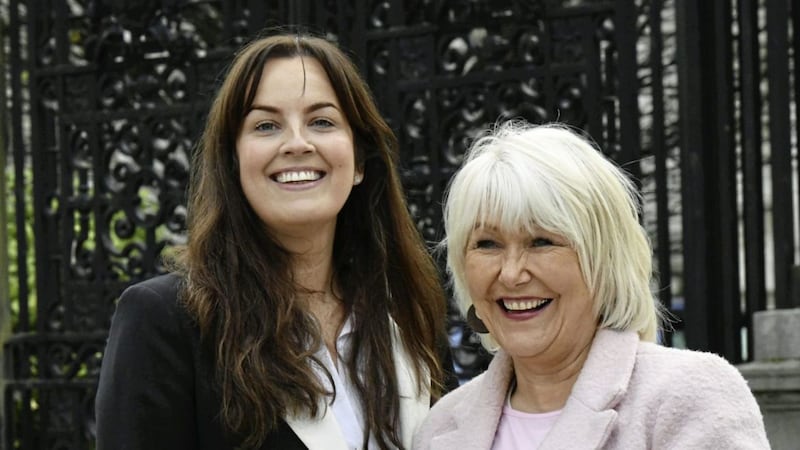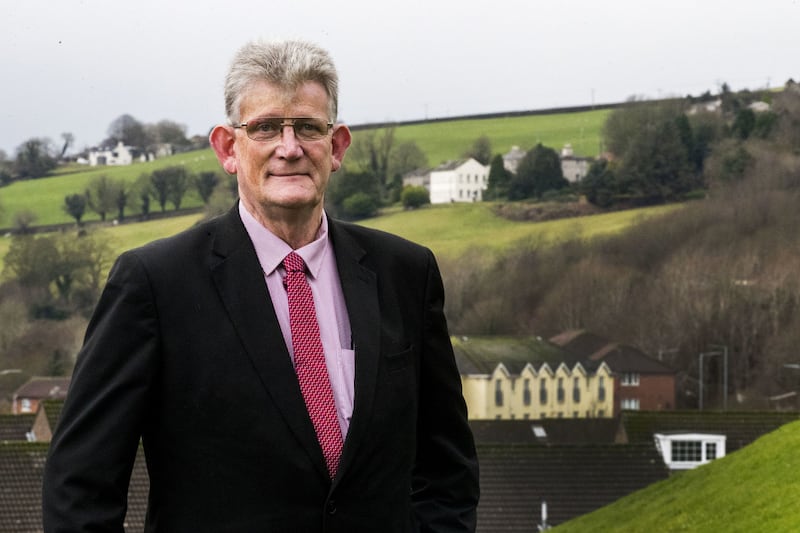A PUBLIC apology for survivors of institutional abuse should have been made years ago, some victims' representatives and politicians have said.
As reported in The Irish News yesterday, an apology on behalf of the Executive will be made on March 11.
First Minister Paul Givan and deputy First Minister Michelle O’Neill will deliver the apology in Parliament Buildings on behalf of the Executive.
Statements will also be made by the institutions criticised by the Historical Institutional Abuse (HIA) report.
The HIA inquiry, chaired by the late Sir Anthony Hart, exposed serious sexual, physical and emotional abuse over decades at children's homes run by religious orders, charities and the state.
None of the institutions have so far made any financial contributions towards a compensation scheme for survivors, which was set up in March 2020.
Barnardo's, the De La Salle Order, Sisters of Nazareth, Sisters of St Louis, the Good Shepherd Sisters and the Irish Church Missions are required to contribute to the scheme.
The Executive Office told The Irish News that independent facilitator Paul Sweeney, who has held meetings with the institutions, "has reported back to ministers, who have agreed that he should undertake further work as a basis for fair contributions towards the cost of redress".
Victims and political representatives have welcomed confirmation of the apology.
However, some have pointed out that the HIA report recommended a state apology more than five years ago.
The report also recommended a memorial for victims, although no substantial work has been done on this since 2017.
Solicitor Claire McKeegan, who represents a majority of abuse survivors, said confirmation of the apology was "bittersweet for many as it has come too late and the cost of delay is that many of our clients did not live to see their redress payment or this apology".
"Many today contacted me overwhelmed with emotion and gratitude as the apology will be the ultimate recognition that their bodies and minds being violated as children in 'care' was abhorrent abuse, (that) they are believed and it was not their fault," she said.
SDLP MLA Sinéad McLaughlin said the Executive should say sorry for the delay in making an apology.
She said if the Executive had not collapsed shortly before the Hart report was published in January 2017, the apology could have been made much sooner.
"We have heard that for some survivors the apology will mean much more than any other redress measure, so it must be fitting and I welcome that engagement will take place with those affected before it's delivered," she said.
Ms O'Neill said while no apology will make up for the pain that survivors have endured, it is an acknowledgement of the harm they suffered.
“We have been meeting with victims and survivors, representative groups, and the Commissioner for Survivors of Childhood Institutional Abuse (Fiona Ryan) to help ensure the apology acknowledges the failures of a system that should have protected vulnerable children," she said.
Ms Ryan said although not every survivor wants an apology, the confirmation of one is an important step.
"My hope is that this apology will be made in a genuine, unconditional, wholehearted and unequivocal way and that it brings some closure to victims and survivors who have carried the huge burden of this pain and trauma with them during their lifetime," she said.








